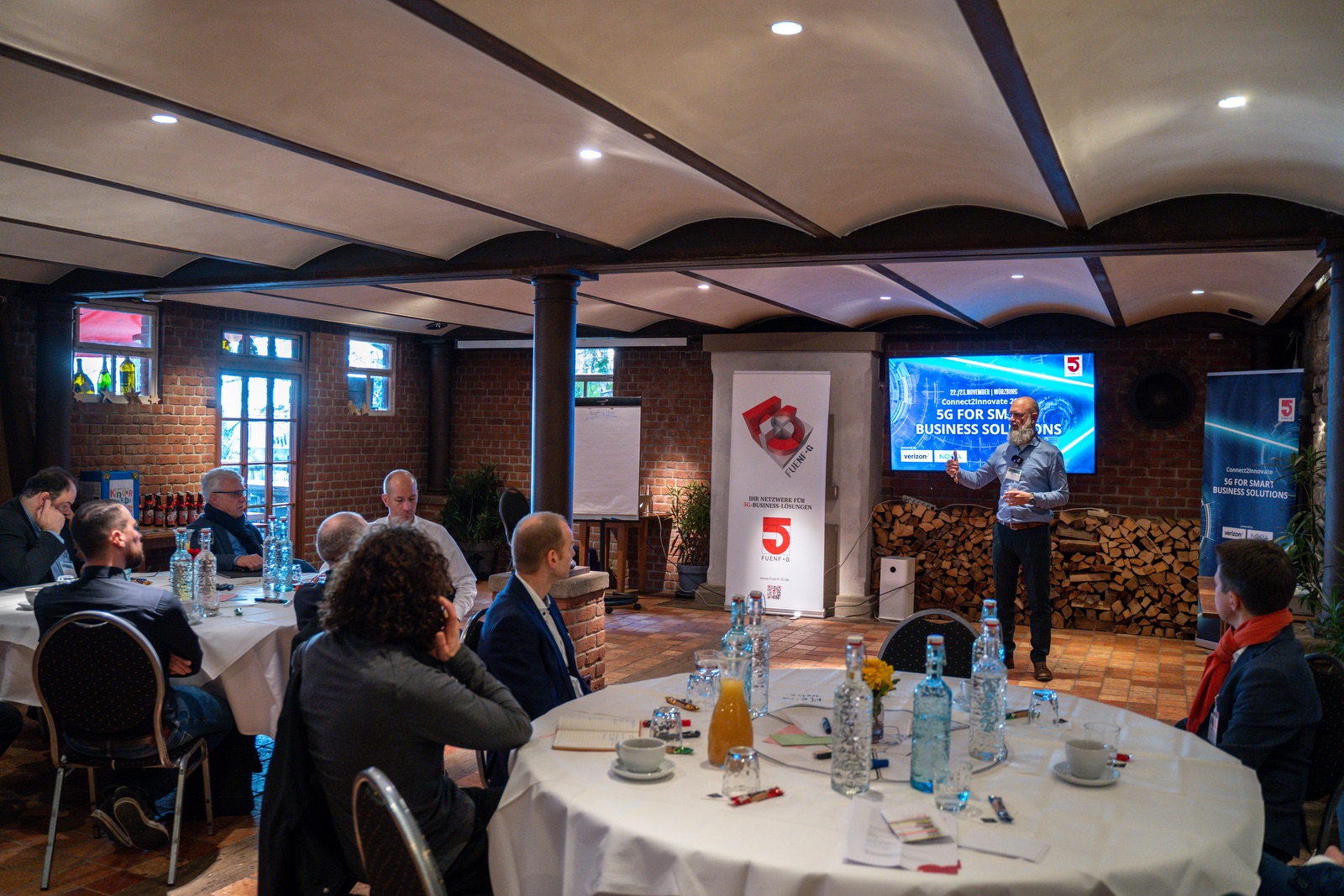The use of Huawei technology in mobile networks is considered a potential security risk. Politicians and security agencies warn that it could be used to carry out sabotage or espionage on behalf of the Chinese government. While the EU and Interior Minister Faeser are increasing the pressure to replace critical components, Deutsche Telekom, Vodafone and Telefónica are fighting back in the face of the high costs – possibly with success.
EU Industry Commissioner Thierry Breton is angry with national telecoms ministers. In June, the second report on Member States’ progress in implementing the EU’s 5G cybersecurity toolbox was published. The result in a nutshell: Progress falls far short of expectations. Thus, in Breton’s view, there is still a great risk of exerting influence on Beijing’s orders. This could have unforeseen consequences, especially in the 5G network, which is preferred for industrial users and real-time control processes.
For this reason, the EU had developed its own toolbox for 5G cybersecurity, which is based on seven measures:
- Strengthening the role and powers of regulators;
- Screening vendors and requesting additional information;
- restrictions on high-risk suppliers;
- Control the use of managed service providers and third-line support of equipment suppliers;
- Ensuring supplier diversity among providers and avoiding dependence on high-risk suppliers;
- strengthening resilience at national level, and
- Screening of foreign direct investment.
The review at the beginning of the year showed that only a third of the states have so far implemented Huawei bans in critical areas. One of the defaulting candidates: Germany. The EU Commissioner is therefore increasing the pressure on the governments of the member states. At the presentation of the second progress report to the circle of national telecommunications ministers, Breton threatened to push for a ban at EU level if nation states continue to hesitate. Finally, it is important to take into account the safety concerns.
Zigzag course in Berlin
So far, hardly noticed by the public, a new coalition clash is also looming on this issue – because each of the traffic light colors flashes in a different direction. In March, the Ministry of the Interior had demanded a list of all Huawei components used by the three German mobile operators. The background may have been new intelligence findings. Asked about this, Economics Minister Robert Habeck had demanded in an interview with the Frankfurter Allgemeine Zeitung (FAZ) that no new components from Huawei should be installed in German networks in the future. On the other hand, he was willing to compromise on the portfolio. According to the minister, it will not be possible to simply remove everything that has already been installed without further ado.
Promptly, there was opposition. The government will only decide on it after the completion of the ongoing review, according to a government spokesman. Later, Volker Wissing spoke in his capacity as Minister of Digital Affairs. He is worried about missing the expansion targets for the fast 5G network and therefore opposes tough measures against the Chinese suppliers Huawei and ZTE. This is in line with a Deutsche Bahn project for an internal 5G network, which also falls within Wissing’s remit, which, in addition to digital, primarily includes transport. In December 2022, following an EU-wide tender, the contract was awarded to Deutsche Telekom – which intends to continue to rely on Huawei technology.
In addition, there is concern in Berlin that an exclusion of Huawei could lead to China imposing trade restrictions on German companies in return. Against this backdrop, the Foreign Minister also spoke out in the 5G debate. It continues to take a hard line against Beijing.
After Deutsche Telekom, Vodafone and Telefónica had recently brought up compensation if they were forced by a Huawei ban to costly replacement of components, Federal Minister of the Interior Nancy Faeser found clear words. The risks have been known for a long time, Faeser told Handelsblatt, referring to multiple warnings from German security authorities against one-sided dependencies.
“If there are serious security risks, we will ban the relevant components. Then the network operators must act and remove these components. I won’t be put off by the cost argument either.”
Federal Minister of the Interior Nancy Faeser
Decision in the back room?
The examination, which is the responsibility of the Federal Ministry of the Interior, is expected to come to an end soon. A result will be available in a few weeks, a spokesman announced. During last year’s security audit by the BSI, technical characteristics were decisive – there were no findings that would speak against the use of Huawei or ZTE components. On the other hand, the current situation assessment is different. This should take into account risks such as dependencies or technical manipulations that are not necessarily controlled by security gaps or backdoors. In this respect, it is a purely political decision.
But while the minister is quoted with pithy words, negotiations with the three providers became known at the same time. Although they had banned Huawei from the core networks, they still rely on Chinese antenna technology because of the low prices and the high delivery capability. As the Handelsblatt claims to have learned, a financially viable solution could have been found in these talks. The possible compromise would therefore include a waiver of an antenna ban. In return, network operators would be obliged to replace so-called network management components. This is a “minimally invasive solution” that creates as much security as possible without incurring too much cost.
The question is whether such an approach can actually improve security against the feared sabotage or espionage attacks. And last but not least, it remains to be seen how EU Commissioner Thierry Breton assesses such a solution. If he is not convinced of an effective improvement in the level of security, he could still destroy the German government’s plans with an EU-wide ban on Huawei.










Leave A Comment